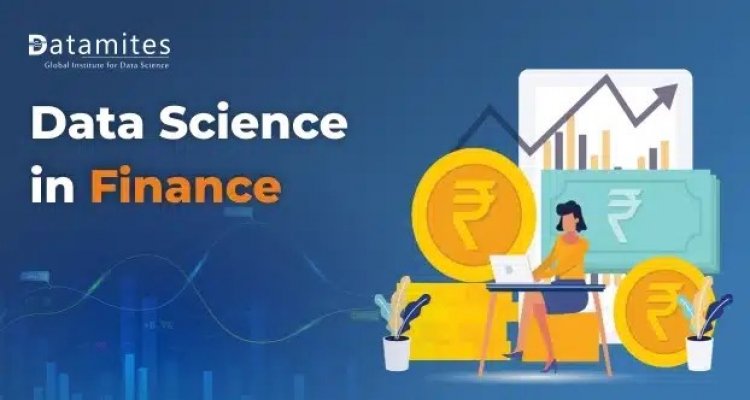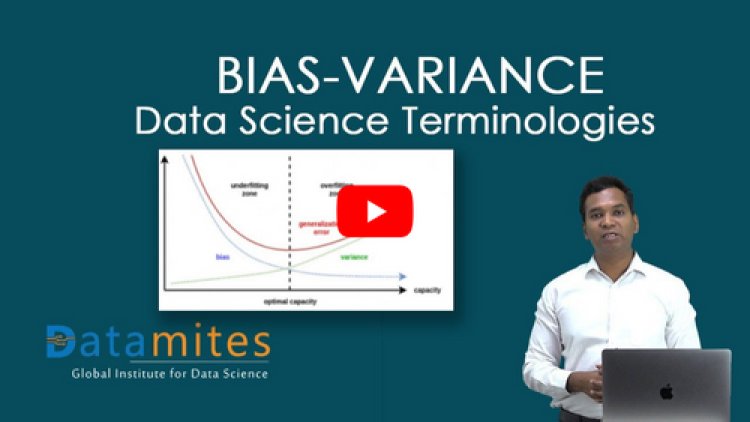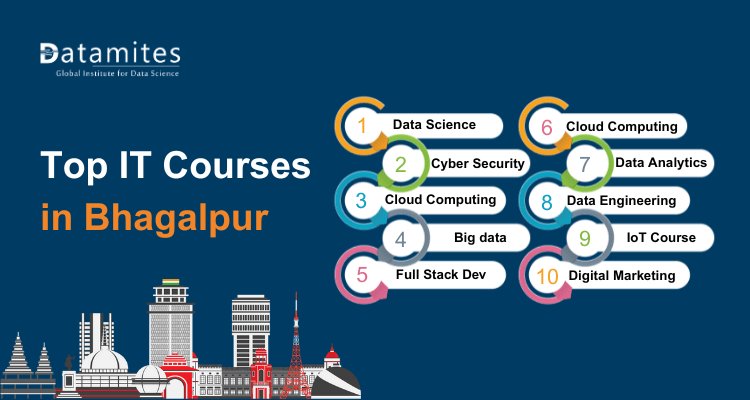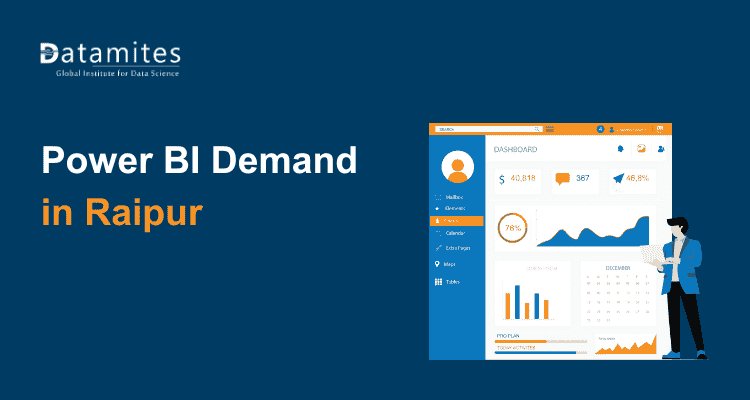How the Financial Sector is Leveraging Data Science
The financial sector is harnessing data science to enhance decision-making, manage risks, and personalize customer experiences. Advanced analytics and machine learning are driving innovation across banking, investment, and insurance services.

In the digital age, data is the new currency—especially in the financial sector. Data science in finance is transforming everything from fraud detection to customer personalization. With the rising demand for data science, financial institutions are using analytics and AI to make smarter decisions, manage risks, and boost profits. This blog highlights the key applications of data science in finance, its growing impact, and why starting a career in data science is a smart choice for the future.
The Growing Demand for Data Science in Finance
The demand for data science professionals is rising rapidly, particularly in the financial sector. IBM reports that U.S. data science jobs are expected to grow by 28% by 2025. Financial institutions now rely heavily on data-driven strategies for tasks like algorithmic trading, fraud detection, and customer analysis—driving demand for skills in statistical modeling, machine learning, and data visualization.
Supporting this trend, the global data science platform market reached USD 15.2 billion in 2024 and is projected to grow at a CAGR of 27.08%, hitting USD 144.9 billion by 2033, according to IMARC Group. This growth reflects how critical data science has become across industries—especially in finance, where interpreting complex data is now a core part of strategic decision-making.
Applications of Data Science in Banking and Finance
The applications of data science in finance are broad and impactful. Let’s take a closer look:
- Fraud Detection: Machine learning models analyze transaction patterns to detect and prevent fraud in real-time.
- Credit Risk Scoring: Data science tools assess borrower risk using credit history, transaction behavior, and alternative data.
- Algorithmic Trading: High-frequency trading platforms use data-driven models to execute trades at lightning speed.
- Customer Segmentation: Clustering algorithms help banks personalize services based on income, behavior, and life stage.
- Risk Management: Models like Monte Carlo simulations and VaR help predict market volatility and optimize portfolios.
- Loan Default Prediction: Predictive analytics identify high-risk borrowers, reducing bad loans and financial exposure.
- Regulatory Compliance & AML: Data science automates monitoring to detect suspicious transactions and meet legal requirements.
- Financial Forecasting: Time series analysis forecasts revenue, budgets, and market trends for better planning.
- Chatbots & Virtual Assistants: AI-powered bots enhance customer service using natural language processing (NLP).
- Market Sentiment Analysis: Analyzing news and social media helps investors react swiftly to market-moving sentiment.
Refer these articles:
- Data Science for the Manufacturing Sector
- Leveraging Data Science to Logistics Industry
- How Data Science is Shaping the Healthcare Industry
How Data Science Is Used in the Financial Sector
Let’s break down exactly how data science is used in the financial sector, with real-world examples:
Credit Scoring and Underwriting
Banks use predictive models to assess creditworthiness. Traditional credit scores are now being supplemented with data on social behavior, online activity, and spending patterns.
Portfolio Management
Robo-advisors like Betterment and Wealthfront use data-driven models to recommend investment strategies based on user profiles and market conditions.
Sentiment Analysis
Data science algorithms scrape and analyze social media and news headlines to gauge market sentiment, which in turn influences trading strategies.
Insurance Claim Prediction
By analyzing historical claim data, insurers can predict which policies are likely to result in claims and adjust pricing accordingly.
Each of these applications of data science not only improves decision-making but also boosts profitability and customer satisfaction.
Impact of Data Science on Finance: A Statistical Snapshot
- 70% of financial firms report improved decision-making from Artificial Intelligence and data science implementations (Deloitte).
- 85% of banks have adopted or plan to adopt predictive analytics tools in 2025 (PwC).
- Algorithmic trading now accounts for over 80% of equity trades in the U.S., showcasing a major impact of data science on finance.
These numbers don’t just reflect trends—they underscore a systemic shift toward data-driven financial systems.
Refer these articles:
- The Role of Data Science in Cyber Security
- Top 10 Data Mining Tools Every Data Scientist Should Know
- How Generative AI is Changing the Role of Data Scientists
Why You Should Consider a Career in Data Science in Finance
Given the scope of data science and its ever-growing relevance in finance, it’s one of the most promising career paths today. Here’s why:
- High salaries: Data scientists in finance earn between $95,000 to $140,000 annually.
- Job security: The demand for data science skills in finance continues to outpace supply.
- Diverse roles: From quantitative analyst to machine learning engineer, the roles are as varied as they are rewarding.
If you're exploring a career in data science, now is the ideal time to start. Enrolling in a data science institute in Bangalore, Chennai, Pune, Ahmedabad, Coimbatore, or Mumbai can equip you with real-world skills, hands-on projects, and placement support. With applications ranging from fraud detection to algorithmic trading, data science is transforming the financial sector—making it one of the most promising fields for innovation and career growth.
Among the top institutions shaping the future of data science education, DataMites Institute emerges as a leading choice for aspiring professionals. DataMites is well-regarded for its industry-relevant curriculum, hands-on learning approach, and real-time internship opportunities that bridge the gap between theory and practice.
DataMites offers Certified Data Scientist programs that are accredited by IABAC and NASSCOM FutureSkills, ensuring learners gain practical experience with key data science tools, machine learning techniques, and advanced analytics—skills that are in high demand across the financial sector and beyond.
For those who prefer offline learning, DataMites offers offline data science courses in Pune, Bangalore, Hyderabad, Chennai, Ahmedabad, Coimbatore, and Mumbai. At the same time, they support a global learner base with flexible online training options, making quality data science training accessible to anyone, anywhere.
Whether you're starting out or looking to enhance your current skill set, DataMites delivers the practical expertise needed to thrive in a data-driven world and launch a successful career in data science.
What is Covariance
What is Boosting
Bias-Variance – Data Science Terminologies








